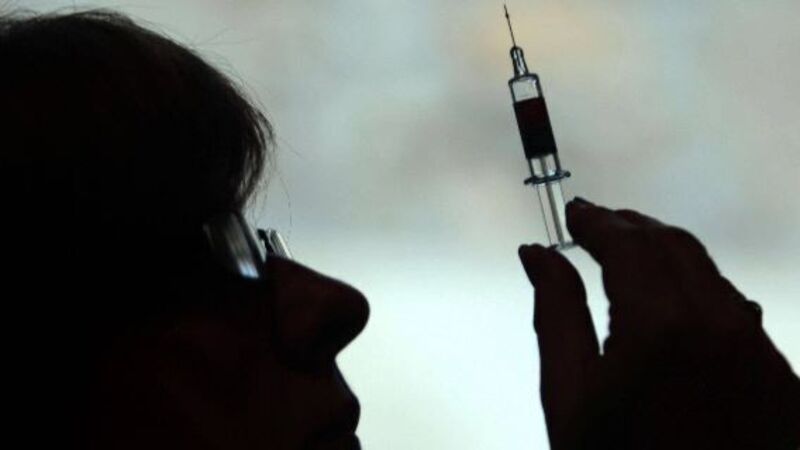Judge awards woman extra €70k for hepatitis C infection

Mr Justice Bernard Barton increased an award from €180,000 to €250,000 made by the Hepatitis C Compensation Tribunal for the woman who developed “life-destroying” side-effects, including cirrhosis of her liver and a brain injury, after undergoing treatment two years ago to deal with her infection.
The woman, who cannot be identified by order of the court, was in 1977 given an Anti-D injection which came from a batch infected with hepatitis C.










